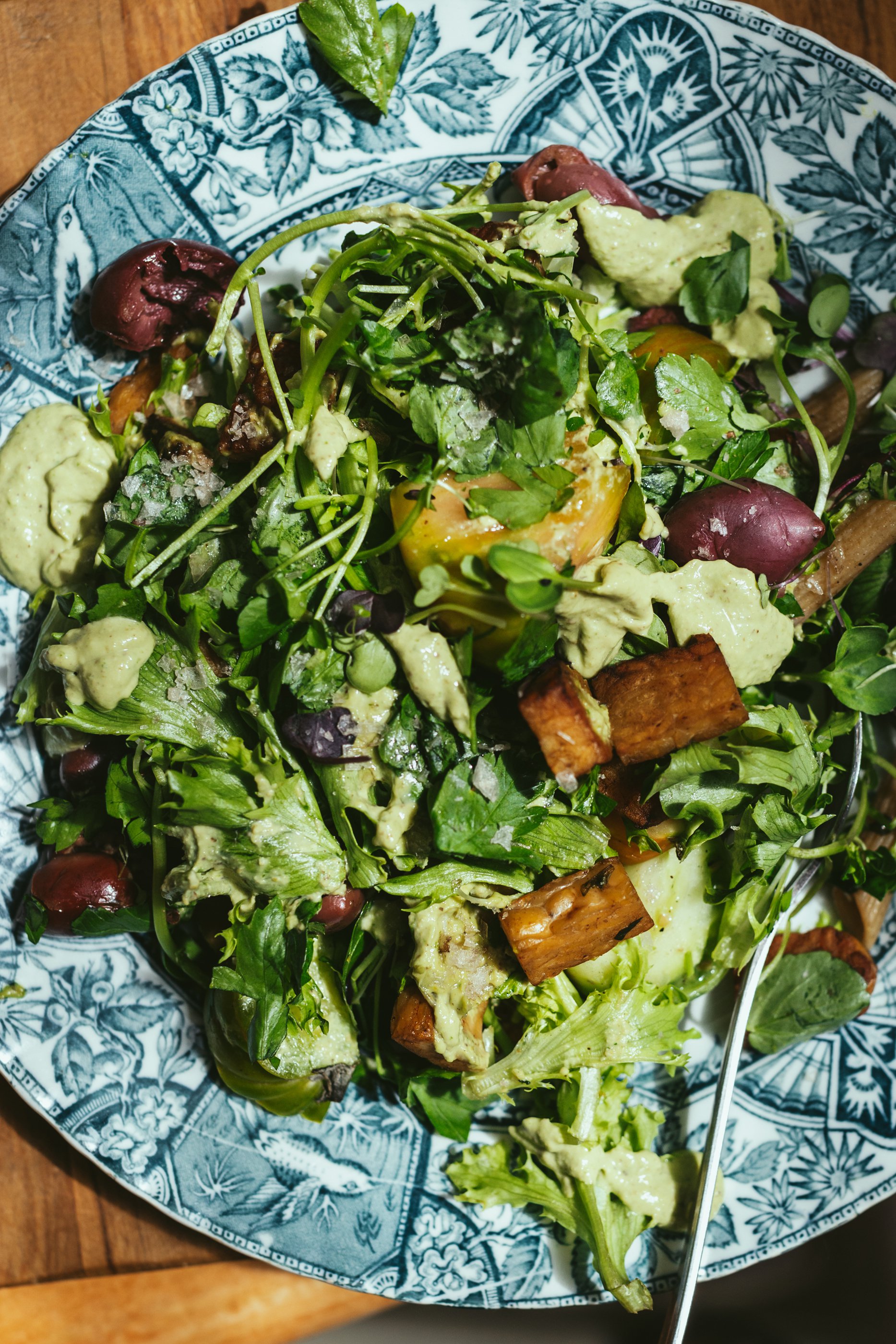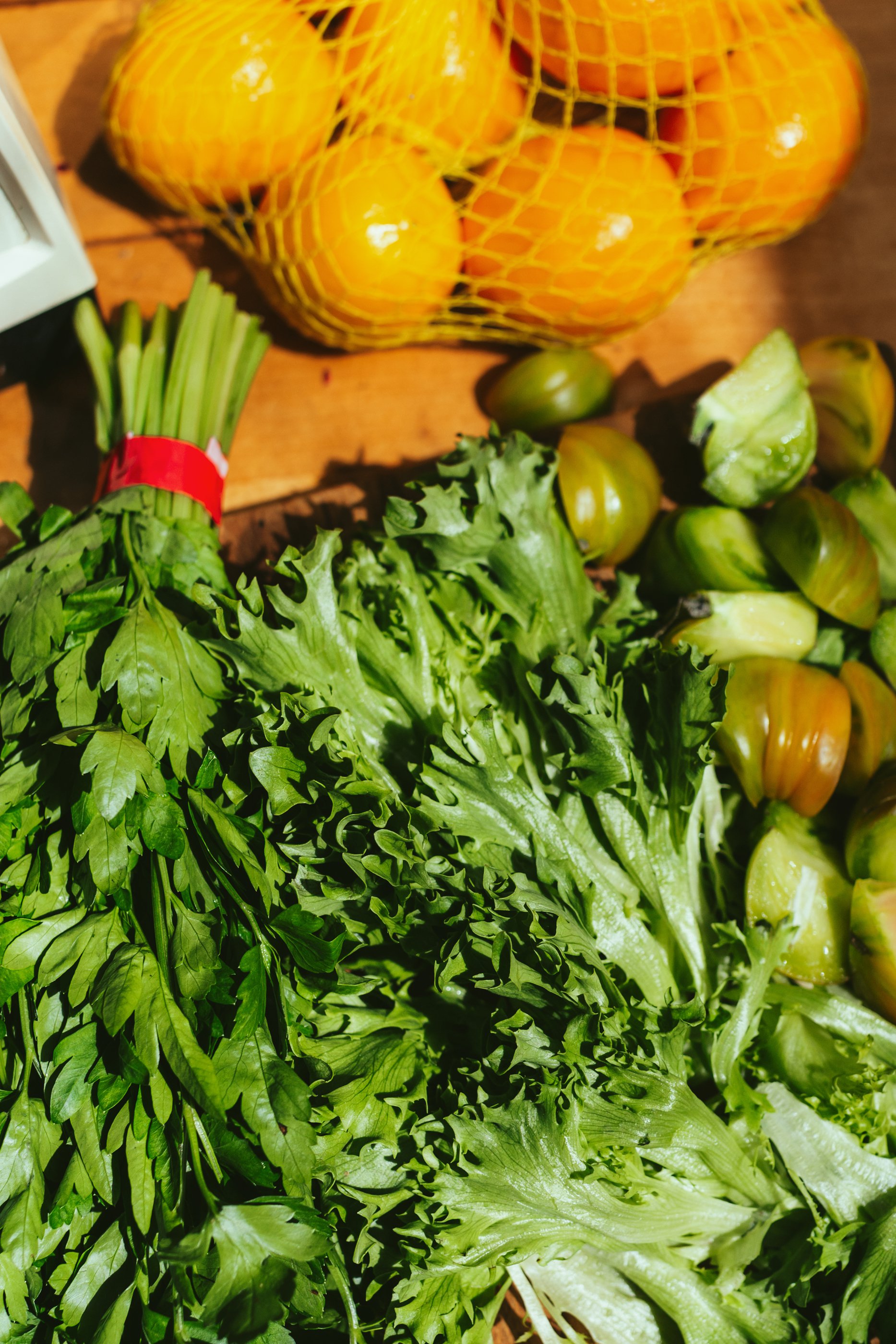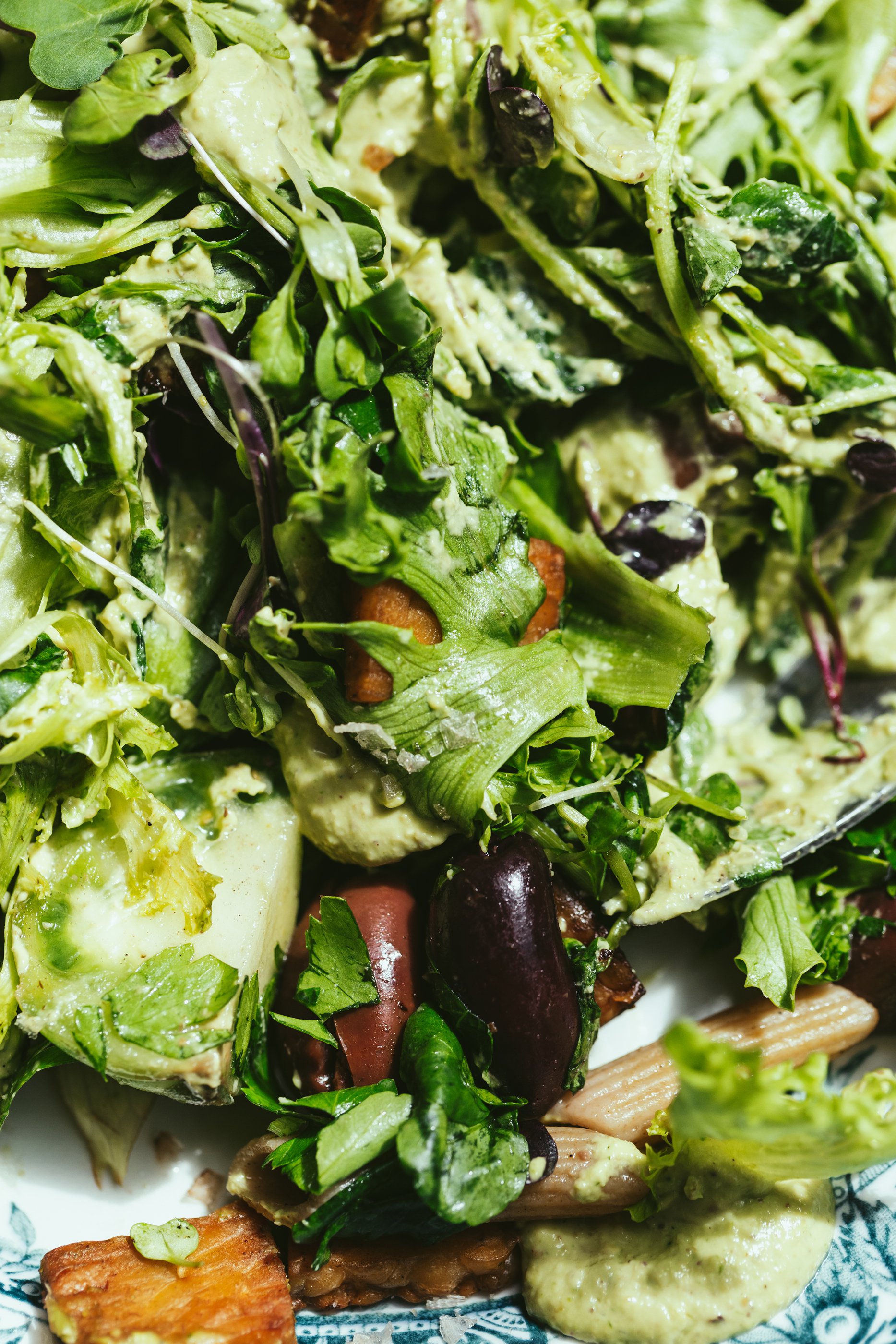Coffee An action-oriented energy, it is the presence of several bioactive compounds, such as polyphenols and caffeine—the psychoactive stimulant in coffee, that brings heightened alertness and arousal of cognitive performance, most implicated as a potential nutritional therapeutic in ageing. So, the sacred ritual that gets you out of bed and motivated to do things, moderate coffee consumption (two to five cups daily), is associated with a significant decrease in the risk of developing certain chronic diseases. So while hotly debated in the wellness world, current research points to espresso and single-origin cold brews daily to prevent age-related cognitive decline and Alzheimer's disease.
Berries Rich in flavonoids including the flavan-3-ols catechin and epicatechin, the flavonols kaempferol and myricetin and the anthocyanins (where berries get their deep blue colour from), delphinidin and petunidin, berries offer powerful antioxidants aimed at boosting immunity and lowering inflammation—including suppression of microglia-mediated inflammation, oxidative stress and strengthen vision, memory, and cerebral blood flow. So what we can interpret from current research is that flavonoids—particularly from berries, are neuroprotective against cognitive decline and the onset of dementia. Frozen or fresh berries provide phytonutrients, minerals, polyphenols, and antioxidants for the protected mind.
Dark chocolate Over 60 per cent cacao is a robust superfood, high in antioxidant molecules, mainly flavonoids and flavan‐3‐ol compounds, most abundantly found in the form of epicatechin and catechin—both neuroprotective.
Flavonoids exert a multiplicity of neuroprotective actions, including the capacity to protect neurons from neurotoxins and reduced neuroinflammation. And what this does is limit neurodegeneration, preventing and possibly reversing age‐related cognitive decline—the magic of Mother nature. The best way to embrace raw cacao is raw or dark, very dark. During cacao processing of the bean to powder and chocolate, the concentration of antioxidants can be affected by various biological processes and treatments such as fermentation and heat.
Citrus Because we all know about Vitamin C (Ascorbic Acid) and its connection to anti-inflammation and fighting free radicals. This review highlights several key points relating to the role of ascorbic acid in healthy brain ageing, its antioxidant properties. Ascorbate is the physiological form of Vitamin C, known for its function as an antioxidant and its role in collagen synthesis. Neurodegenerative diseases like dementia typically involve high levels of oxidative stress. Thus, Ascorbate has been posited to have potential therapeutic roles against ischemic stroke, Alzheimer's disease, Parkinson's disease and Huntington's disease. Vitamin C is a vital antioxidant molecule in the brain. The highest concentrations of Ascorbate in the body are found in the brain. And so, not surprisingly, deficiencies are linked to depression and cognitive impairment.
Walnuts The brain is composed mainly of fat and long-chain omega-3 fatty acids. Omega-3s also help nurture the Brain-Derived Neurotrophic Factor, a master hormone that controls neuroplasticity—the capacity of our brains to create new ways of thinking. Nuts and seeds are an easy way to add healthy fats into your diet through seeds and nuts, the walnut being one of the best. Walnuts are shaped like the brain and are a potent source of DHA and folate, vital for newborn development. Another reason to make pesto more frequently.
Omegas Long-chain omega-3 fatty acids promote signs of elevated mood, aid depression, and boost the master hormone known as the Brain-Derived Neurotrophic Factor (BDNF). BDNF controls neuroplasticity, or the brain's ability to make new synaptic connections and learn new patterns—critical for healthy brain ageing. While mainstream thought considers fish your only option for intake, polluted oceans and unsustainable farming practices make this option undesirable. And same for fish-derived supplements, likely to contain mercury, hormones, and other toxins now abundant in our oceans. Opting for vegan Omegas sourced from marine microalgae also provides a sustainable alternative to overfishing our oceans.
Feed your brain. Move your body more, make sleep quality sacred, spend more time in nature (even if that means a 10-minute walk around your street) and with those you love and care deeply for. What we eat should have value, including where we source our food (its environment) and how we prepare our meals. Consider the state of self in which you consume this food. Eat relaxed, chew lots and well. Eat whole foods, avoid pretend and invented foods. Eat locally and in season to hold up the planet and our local economy. Take care of your mental health as best you can and seek help when you need it. All these options point to states of empowerment.








